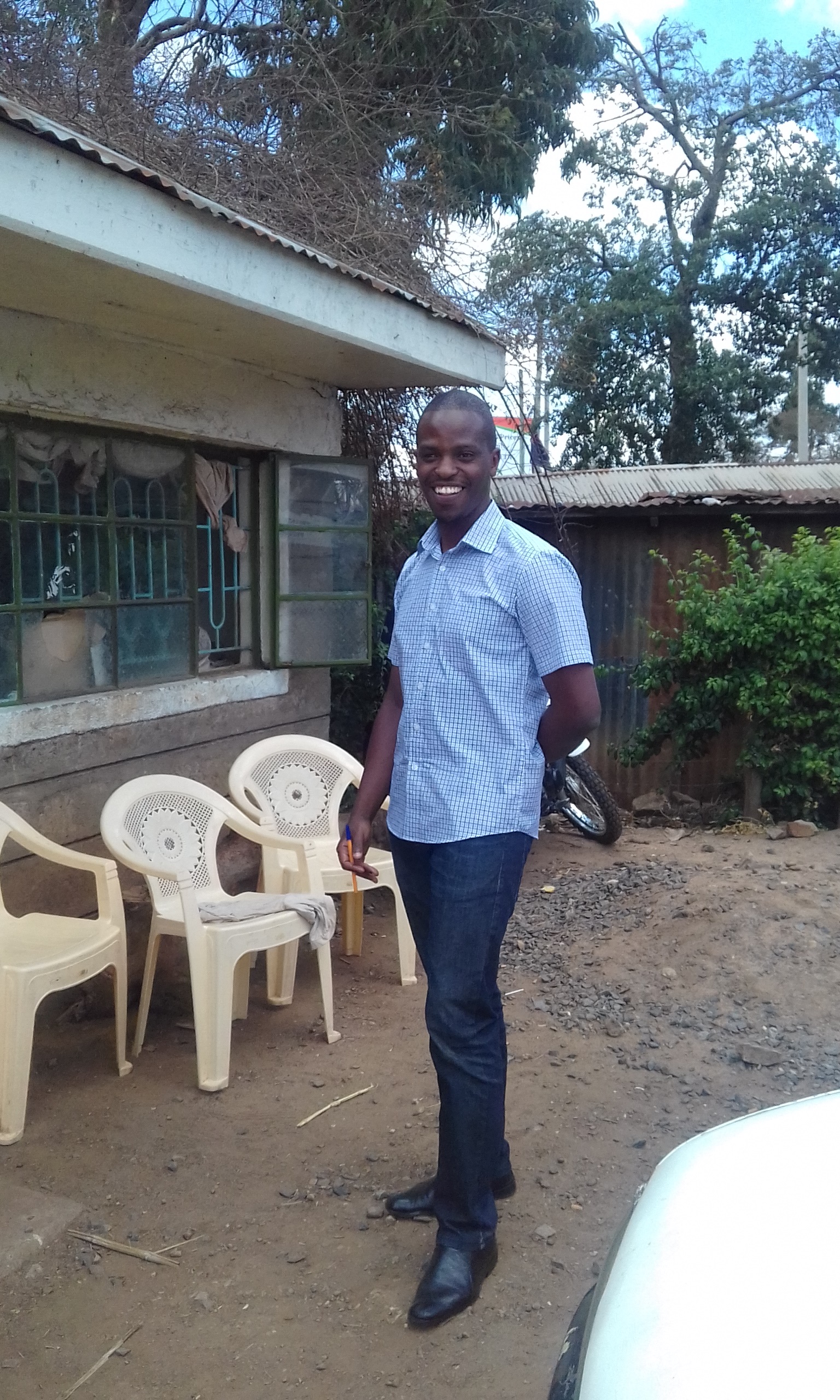From despondency to pride: Transforming attitudes towards the quality and collection of data at community level
Tuesday, 25 Jul 2017

By Lynne Elliott (Liverpool School of Tropical Medicine) and Veronica Mwania (LVCT Health)
“Quality is about satisfaction of the ones getting the service and the ones providing the service” Community Health Assistant (CHA)
Community health services and the volunteers at the front line of the health system are a vital resource in tackling maternal and new born ill health. But too often managers in the health sector find it difficult to make good decisions about how to deploy them because they don’t have accurate and good quality information at their fingertips.
The USAID SQALE program has been training Community Health Volunteers and their supervisors in both how to improve maternal health and how to collect better data for decision making. In a joint meeting between Bangladesh and Southlands Community Units, in Langata, a suburb of Nairobi, we talked to Community Health Volunteers about the changes that have happened since the training.
Learning more about maternal, new born and child health had sparked changes in practice and in knowledge. One of the Community Health Volunteers explained that she now understood more about referring mothers and about challenges with breastfeeding. Other CHVs said that they now encouraged mothers to go to the link facility for ante-natal care and delivery.
The USAID SQALE program prompted the creation of Work Improvement Teams (WIT) – a mixture of Community Health Volunteers, health centre staff and influential community members – who supported the volunteers in using government tools to collect data and to overcome other challenges that they faced.
Before the project people had been feeling demoralised. One Community Health Volunteer reflected, “I had nothing and then...hope came when we got the materials.” WIT meetings give them a clearer sense of how they are performing. One said, “We know more clearly what we’re doing well and where we’re going wrong. The meeting was a good opportunity to share challenges.” These meetings also provide more structure for their community health work, for example, “Organisation in what we are doing…household visits, meetings, process and formats for ways of doing things…involvement of the community.” And as a result, they are feeling prouder of the information they collect and how it can improve the lives of women and their children, “It means we can educate mothers. It’s about Community Health Volunteers owning the data because Community Health Volunteers collect the data.”
When Community Health Volunteers believe their work is important they are motivated to ensure that they do a quality job. Training from the USAID SQALE program is a first step in embedding a culture of quality in community health in Kenya and the initial feedback is looking positive.